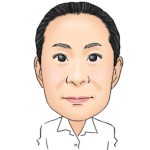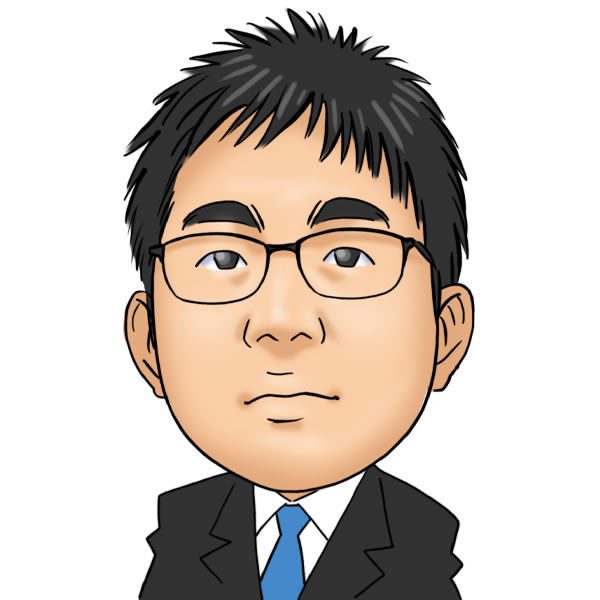 |
 |
| Chief Kaori Shinsato, M.D. |
Senior Staff Tatsuya Sugimoto, M.D., Ph.D. |
 |
 |
| Mari Takeuchi, M.D. | Ken Matsumoto, M.D. |
Cancer treatments, including surgery, anti-cancer drug therapy and radiation therapy, can be quite stressful for the patients on mental side in many ways in addition to the physical impacts. Cancer patients often have anxieties about their treatments, which can make many of them unable to sleep. Some of them even fall into “anxiety state” or “depression” when their anxieties are too strong. The Division of Psycho-Oncology supports the patients on their mental side while they stay at the hospital undergoing the cancer treatments.
Cancer patients have stresses specific to the disease itself. At the Division of Psycho-Oncology, psycho-oncologists, who are specializing in cancer patients’ mind problems, take care of the patients who suffer.
For what should be supported by the Division of Psycho-Oncology, a multidisciplinary team consisting of psychiatrist, nurse, psychotherapist, etc. will be formed to cope with the patient’s mental problem, delivering their own specialties. Working closely with the primary doctor responsible for the cancer treatment, the support can be wide-ranged including prescribing adequate drugs and offering private counselling, depending on the symptoms. As the support is basically for during the hospital stay only, for the patients who need follow-up supports after being discharged, local clinics or hospitals will be introduced so that they can continue getting the supports from them.
When a cancer patient’s general condition becomes unstable after the surgery, or worsened with a progression of the disease, the brain is prone to be affected as well, which may result in mild impairment of consciousness temporarily. The symptoms include being unable to understand what is happening around him/her just like dementia. It is called “delirium,” which is very much like dementia, but different in recoverability. With dementia, it is difficult to regain abilities once they are lost, but the symptoms of delirium can be improved along the course of physical recoveries. For the prevention and the treatment of delirium, we are pioneering in the field.
When a patient is diagnosed with cancer, it will be difficult to overcome the stress and the anxiety he/she feels about it alone. We do our best to support cancer patients as a highly-professional team to palliate their mental distresses so that they can focus on their cancer treatments. When you feel even the slightest concern, please do not internalize the feeling, whatever it is, and come to your primary doctor and nurses to tell them about it, as they will soon let us step in. As we support the families as well, they should not hesitate to ask for help when they have worries and concerns.
When a patient is diagnosed with cancer, it will be difficult to overcome the stress and the anxiety he/she feels about it alone. We do our best to support cancer patients as a highly-professional team to palliate their mental problems so that they can focus on their cancer treatments. When you feel even the slightest concern, please do not internalize the feeling, whatever it is, and come to your primary doctor and nurses to tell them about it. As we support the families as well, they won’t have to hesitate to ask for help when they have worries and concerns.
psycho-oncology
alcoholism and drug dependence
Registered Psycho-Oncologist, the Japan Psycho-Oncology Society
The Japanese Society of General Hospital Psychiatry
The Japan Society of Clinical Safety
liaison psychiatry
psycho-oncology
suicide prevention
Designated Mental Health Doctor
Specialist and Supervisory Doctor Certified by the Japanese Society of Psychiatry and Neurology
Specialist and Supervisory Doctor Certified by the Japanese Society of General Hospital Psychiatry
Registered Psycho-Oncologist, the Japan Psycho-Oncology Society
The Japanese Society for Palliative Medicine
Councilor, the Japanese Association for Suicide Prevention
The Japanese Association of Supportive Care in Cancer
Projecting Group Leader, the Setagaya Ward Council for Suicide Prevention